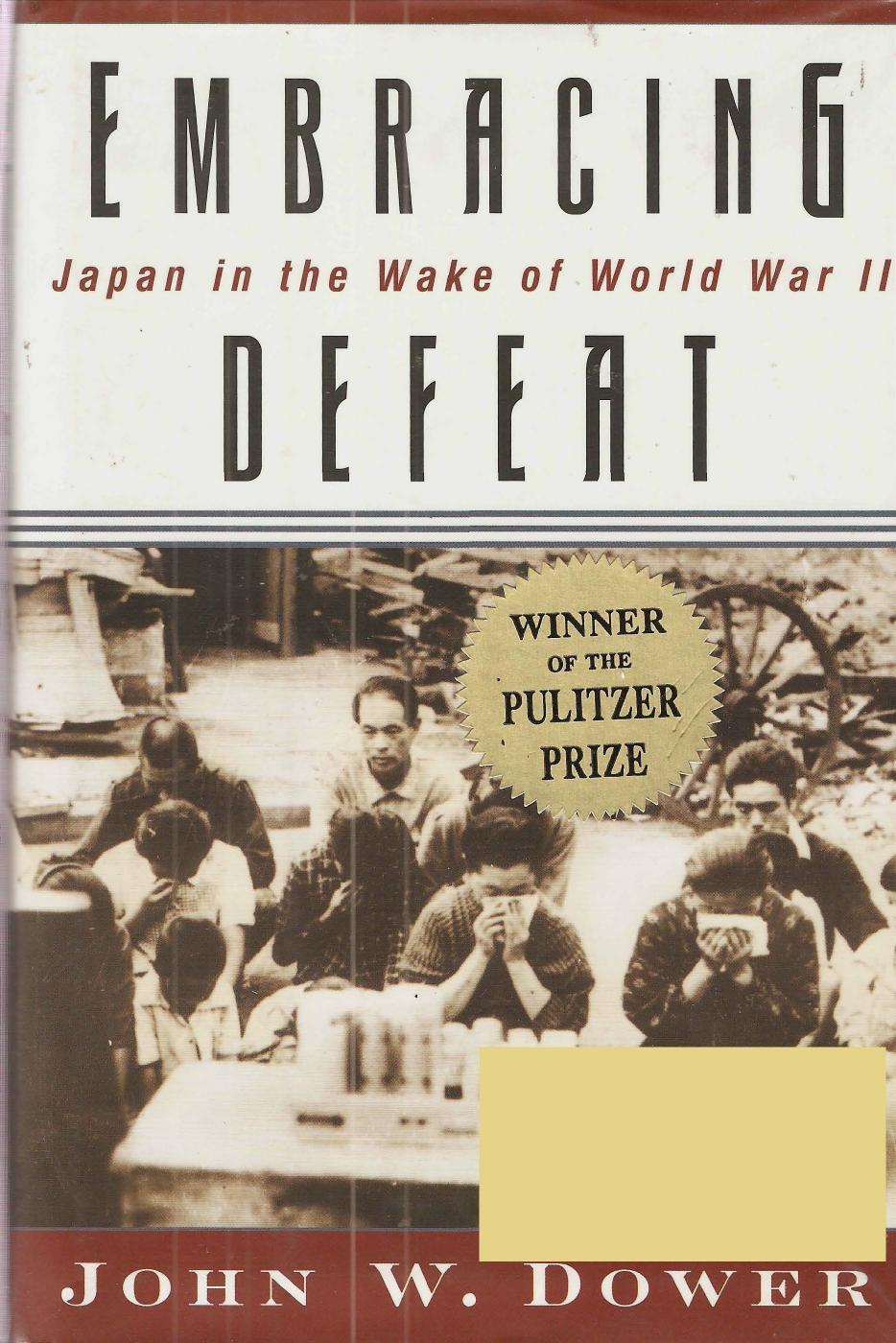Embracing Defeat: Japan in the Wake of World War II by John W. Dower

Author:John W. Dower
Language: eng
Format: mobi, epub, pdf
Tags: Japan, History, Asia, General
ISBN: 9780393046861
Publisher: W. W. Norton & Company
Published: 1999-03-02T00:00:00+00:00
In the two decades between his ascension to the throne in 1926 and the end of
the war, Emperor Hirohito played an increasingly prominent public role as the
commander in chief—and unassailable ideological center—of his country's
runaway militarism. His most memorable public appearances involved
reviewing the imperial forces from his handsome horse, White Snow.
their unique contribution to make to world culture, particularly in the fields of literature and religion, and mode of life.27
The Japanese had a saying that "you can gaze upon the lords, but looking at the shogun will make you blind; and the emperor cannot be seen at all." To starchier court officials, it was inelegant to contemplate the sovereign literally descending to mingle with ordinary people, not to mention the terrifying thought that he might be assassinated by Communists. But the emperor responded positively to Blyth's proposal and General MacArthur threw his enthusiastic support behind the tours.28
Again, the Meiji period provided a precedent. Between 1872 and 1885, the Meiji emperor had made six royal tours to different parts of the country to help mobilize popular support behind the emerging emperor-centered modern state. There was one especially striking similarity between the public excursions of the two sovereigns. Each set of tours was
undertaken at a time of domestic confusion and instability, when radical ideologies were being trumpeted and support for the imperial system seemed precarious. Whatever precedent Hirohito may have seen in his grandfather's processionals, such excursions were unprecedented in his own reign, not to speak of the fact that they ran against the grain of his introverted personality and the rigidly aloof style he had cultivated until then/"
The emperor's very unpreparedness for mingling with ordinary people proved to be an immense public-relations advantage. His attempts at conversation were so stumbling and ill at ease that they provoked a wave of popular sympathy for so sheltered and vulnerable a soul. This almost disconcerting awkwardness also reinforced an impression of him as someone uniquely pure and innocent. That the emperor was willing and even eager to undertake these tours despite his obvious discomfort strengthened the argument that this was a sovereign truly devoted to his subjects. His social ineptitude made him seem all too human, and simultaneously unworldly—an essentially "spiritual" essence after all.30
The imperial discomfort also tapped a strain of guilt in the populace. Up to the war's end, Japanese had been indoctrinated to apologize to the
Download
Embracing Defeat: Japan in the Wake of World War II by John W. Dower.epub
Embracing Defeat: Japan in the Wake of World War II by John W. Dower.pdf
This site does not store any files on its server. We only index and link to content provided by other sites. Please contact the content providers to delete copyright contents if any and email us, we'll remove relevant links or contents immediately.
Born to Run: by Christopher McDougall(7121)
The Leavers by Lisa Ko(6945)
iGen by Jean M. Twenge(5408)
Sapiens by Yuval Noah Harari(5366)
Spare by Prince Harry The Duke of Sussex(5176)
The Kite Runner by Khaled Hosseini(5170)
Machine Learning at Scale with H2O by Gregory Keys | David Whiting(4293)
Bullshit Jobs by David Graeber(4179)
Never by Ken Follett(3937)
Goodbye Paradise(3799)
Livewired by David Eagleman(3764)
Fairy Tale by Stephen King(3370)
A Dictionary of Sociology by Unknown(3073)
Harry Potter 4 - Harry Potter and The Goblet of Fire by J.K.Rowling(3060)
The Social Psychology of Inequality by Unknown(3018)
The Club by A.L. Brooks(2919)
Will by Will Smith(2910)
0041152001443424520 .pdf by Unknown(2843)
People of the Earth: An Introduction to World Prehistory by Dr. Brian Fagan & Nadia Durrani(2728)
